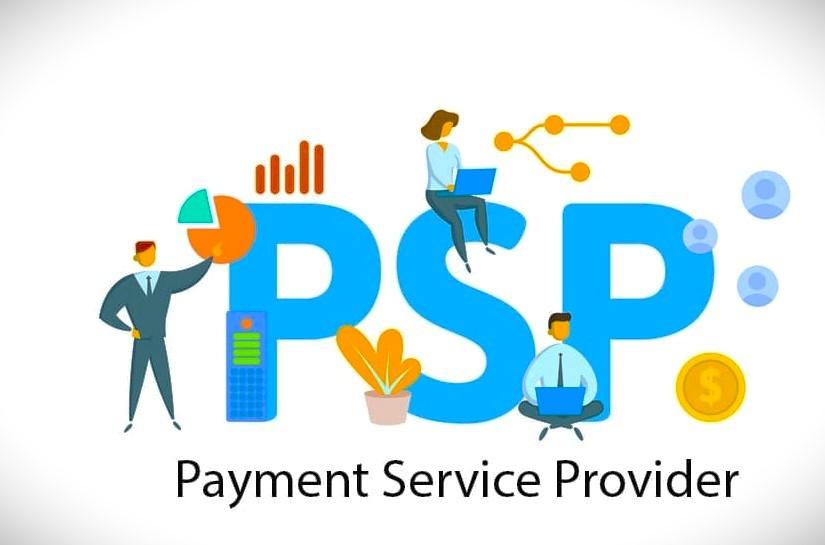Analyzing the Highly Competitive Global Payment Service Provider Market

The global shift towards a cashless society has ignited one of the most dynamic and competitive sectors in the financial technology industry. The Payment Service Provider Market is a bustling and rapidly evolving ecosystem driven by the explosive growth of e-commerce, mobile payments, and digital invoicing. This landscape is populated by a diverse range of players, from global giants like PayPal, Stripe, and Adyen, who serve millions of businesses worldwide, to regional champions and specialized niche providers. These companies are at the forefront of financial innovation, constantly developing new technologies to make payments faster, safer, and more convenient. As a critical component of the broader FinTech revolution, the PSP market is not just supporting digital commerce; it is actively shaping its future by defining how money moves around the world.
To understand its complexity, the market is often segmented based on several key criteria to reflect its diverse customer base and applications. One primary segmentation is by end-user, distinguishing between small and medium-sized enterprises (SMEs) and large enterprises. SMEs typically seek simple, all-in-one solutions with transparent, flat-rate pricing, while large enterprises require highly customizable platforms with advanced features and volume-based pricing. The market is also segmented by industry vertical, as the payment needs of a retail business differ significantly from those of a travel agency, a subscription-based software company, or an online gaming platform. Geographically, payment preferences and regulations vary dramatically, forcing PSPs to offer localized solutions that cater to specific regional markets, from North America and Europe to the rapidly growing economies of Asia-Pacific and Latin America.
The competitive dynamics within the market are fierce, pushing providers to innovate constantly to gain an edge. Price competition, centered on transaction fees, is a major factor, but the battle is increasingly being fought over value-added services. Leading PSPs now offer a suite of tools that go far beyond simple payment processing, including advanced data analytics to provide merchants with insights into customer behavior, sophisticated recurring billing engines for subscription management, and seamless omnichannel solutions that unify online and in-person payments. Strategic partnerships are also crucial, with PSPs forging deep integrations with major e-commerce platforms like Shopify, WooCommerce, and BigCommerce to create a frictionless experience for merchants, solidifying their position as indispensable growth partners.
- Art
- Causes
- Crafts
- Dance
- Drinks
- Film
- Fitness
- Food
- Games
- Gardening
- Health
- Home
- Literature
- Music
- Networking
- Other
- Party
- Religion
- Shopping
- Sports
- Theater
- Wellness


